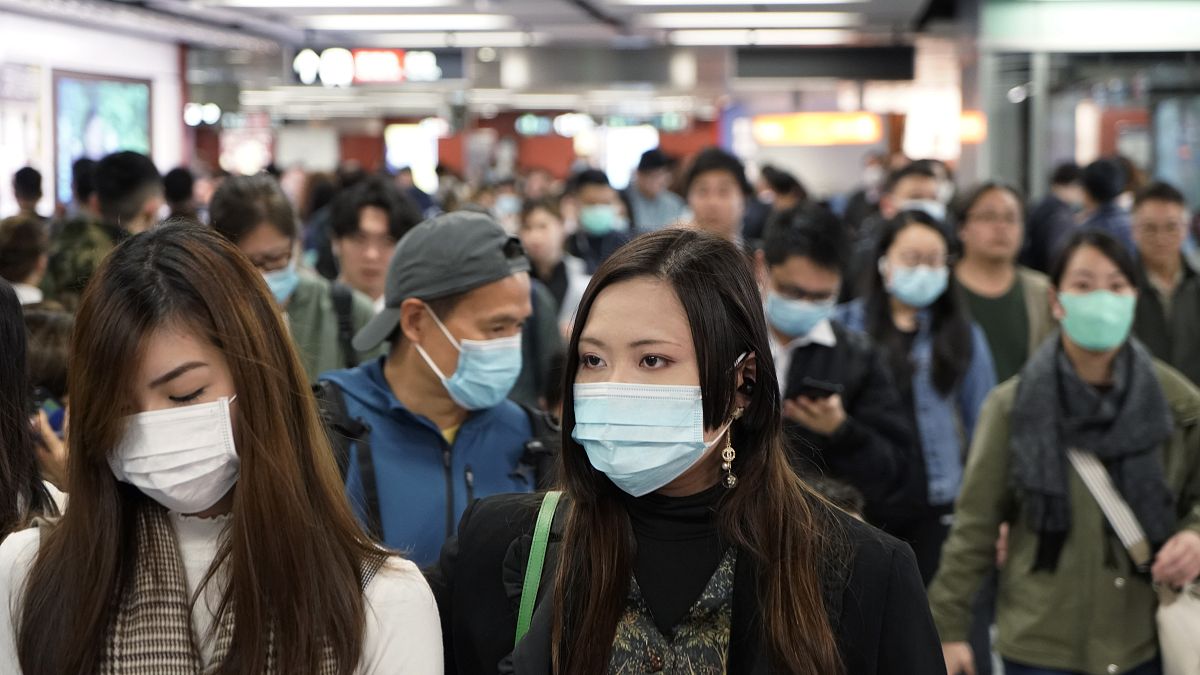You can't stave it off with garlic or sesame oil - and please, leave those pets alone.
Can the coronavirus be transmitted over the mail? Can you stave off the disease by eating garlic?
These are just some of the rumours circulating about the illness that have prompted the World Health Organisation to wade in.
The WHO has set up a page on its website dedicated to debunking myths regarding the coronavirus that are currently circulating on the internet.
Here are five of the most interesting ones:
Is it safe to receive mail from China?
Yes, receiving letters or packages from China is safe. Individuals who are delivered mail from the region are not at risk of contracting the virus.
Analysis has shown that viruses do not survive long on the surface of objects, including envelopes, postcards or boxes.
Can pets at home spread the new coronavirus?
There is no evidence that pets such as cats or dogs can be infected with the virus. However, the WHO recommends people to always wash their hands with soap and water after coming in contact with animals.
It comes amid media reports that Chinese officials have called for pets to be culled amid fears animals could be responsible for transmitting the virus to humans.
Euronews spoke to ACTAsia, a non-profit organisation that promotes education and animal welfare among Asian cultures, in the attempt of verifying the information.
“To the best of our knowledge from the ground in China, there has not been any official advice given that pet-owners should euthanise their animals as a reaction to the outbreak of coronavirus,” said ACTAsia Communications Officer Jane Sarluis.
Sarluis added that there had only been one report of local government calling for a cull of dogs, in Na He City in Heilongjiang, but because of protests by pet-owners, the council did not initiate the cull.
Does the new coronavirus only affect older people?
It doesn't matter how old you are, people of all ages can contract the new coronavirus. As with other illnesses, older people and people with pre-existing medical conditions, including asthma, diabetes, and heart disease appear to be more vulnerable.
The WHO advises people of all ages to follows good hand hygiene and good respiratory hygiene to help protect themselves from catching the disease.
Does putting on sesame oil stop the virus from entering the body?
No, sesame oil does not kill the new coronavirus. But cleaning surfaces with some chemical disinfectants can. These include bleach and chlorine-based disinfectants.
But the WHO warned against putting these agents on the skin or under the nose as it is dangerous and has little or no impact on the virus.
Can eating garlic help prevent infection with the new coronavirus?
Garlic is traditionally known to be a healthy food and some people swear by its antimicrobial properties.
But in this case, there is no evidence that eating garlic protected people from the coronavirus outbreak.


